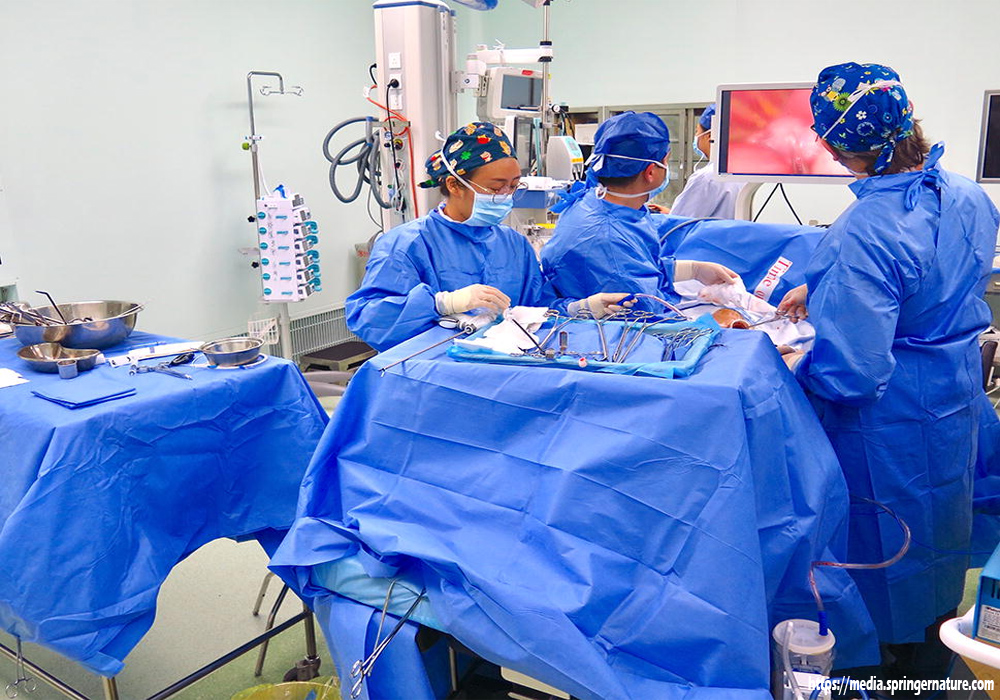Alzheimer’s disease is often difficult to deal with for everyone involved. There is no cure and there is no way to reduce the risk of developing the disease. This disease slowly progresses over time, and damages some nerve cells in parts of the brain. In early stages, a person may have loss of short-term memory that progresses to the failing of long-term memory, language, and reasoning. Things such as age, family history, and sex could play a role in whether or not a person is susceptible to developing Alzheimer’s and although forgetfulness is a natural part of life as age, there are things that can be done to help protect against the disease.
There are things to look for when trying to determine if a family member may be developing Alzheimer’s disease. One thing to look for is impaired thinking such as, forgetting one’s own birthday or occupation. Difficulty in performing the normal routine such as, showering, dressing, or eating, may also be a sign of the onset of the disease. Other difficulties may include, problems speaking, disorientation, confusion, inability to follow directions, misplacing things, loss of motivation, social withdraw, and loss of appetite. Some of these listed symptoms may be normal development with age, but a physician should be consulted for proper diagnosis.
When a person develops Alzheimer’s disease it is likely that they will require long-term healthcare, such as home health care or a nursing facility. Health insurance is important to help pay medical costs with healthcare in general but most, including Medicare and Medigap, do not cover long-term care, leaving the patient and the patient’s family to pay for these expenses out of pocket. There are long-term healthcare plans available to help with these expenses. Long-term healthcare policies are designed to help people that can no longer perform certain daily activities and are in need of special medical treatment.
Although researchers are making progress, there is no cure for Alzheimer’s disease. A person can manage their disease by gaining the proper knowledge. Patients can also help ease the financial burden on themselves and family members. A person experiencing symptoms or if they feel they are at risk for developing the disease, should seek help. A physician can help make the proper diagnosis and set the patient up with the proper counseling. The patient should stay physically active and stay involved in social activities to help them cope.
If you need assistance in locating particular coverages at a pre-determined price, we can help save on health insurance.





